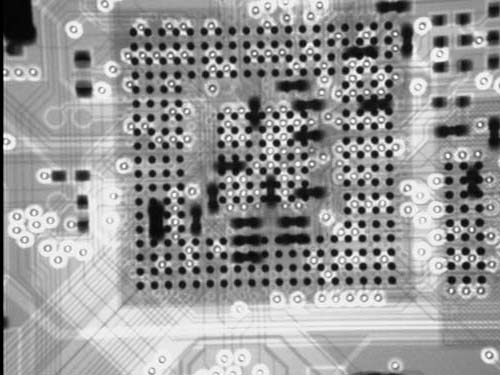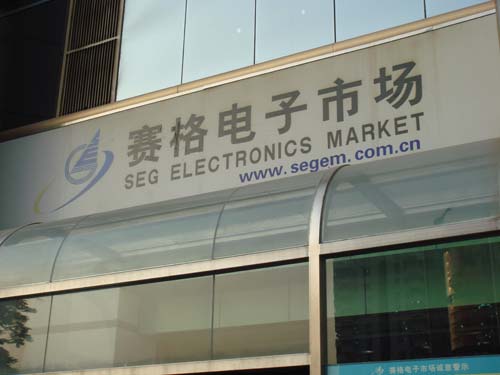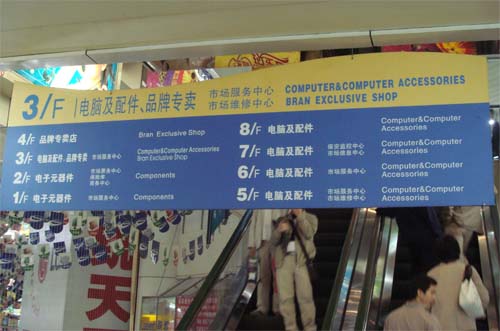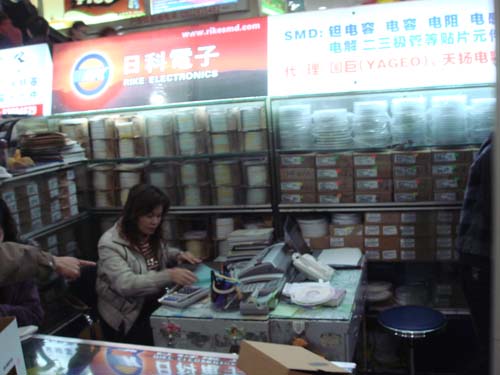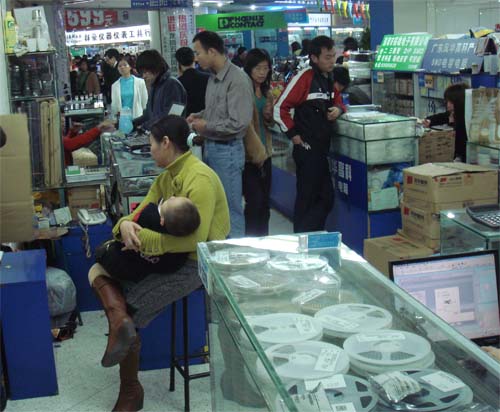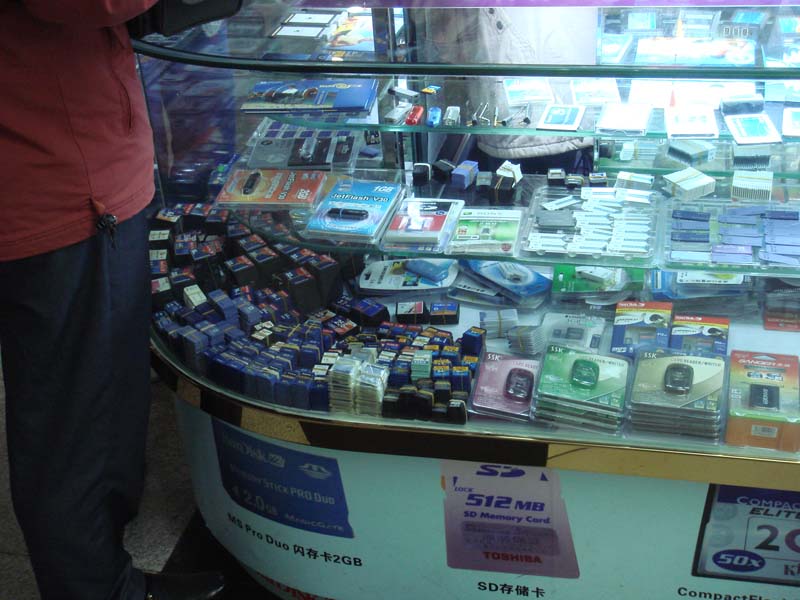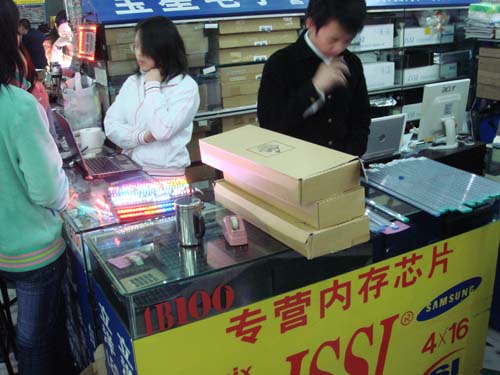There’s a fairly vigorous thread going on in the discussion of the previous article, and I wanted to clarify some points that I am making about China. I appreciate that people have taken the time to read the article and give such thoughtful commentary, so hopefully I can do their comments justice, although it’s a bit like trying to talk to twelve points at once.
I think the basic objection that people have in the previous article is that they believe I am associating a lack of religion with a lack of morality. This is not the case. I myself am fairly atheist. I was born a Catholic but I haven’t really followed up with it (sorry, mom), finding that I had a lot of disagreements with the Catholic church and its history of hypocrisy. I am still a very spiritual person, however. Having been through the process of thinking about religion and considering it carefully, I was forced to think about morality, so to some extent the absence of religion in this case is as defining as the presence of religion. So no, I’m not saying that atheists are amoral. And I’m also not saying that the Chinese are atheist. An atheist states “there is no deity”; the attitude that I met in China is “what deity?”.
The point of starting with religion as a root of morality (not the root!) was to ground the discussion in a reference point that I am familiar with. However, I transitioned away from that in the article over a single sentence, a point that I did not expound greatly upon, and I will do now in this post. The sentence I refer to is this:
“I was talking to some of the locals who were familiar with both Chinese and Western cultures, and it seems that in the absence of religion, the moral code is primarily enforced by family: loyalty, family reputation (or disgrace), and social status.”
I believe that morality has its roots in many sources. Religion is a very American source for morality. However, the world is not America. Family and tradition are just as important in other cultures, a fact which I perhaps too glibly accepted in the previous article without exposition. I myself am Chinese, and I know many Chinese of no religious background who are very moral, upright individuals, so clearly one can be moral without religion. However, I was never forced to consider where the roots of such morality would come, if they were not exposed to the 10 commandments and nuns, like I was, at a young age.
Let’s take a step back. I think–perhaps wrongly–that morality is essentially the system of default assumptions that enables a large group of humans to co-exist. The power of defaults is amazing–how many people still use IE as their web browser? How many people still type QWERTY, despite it being a keyboard layout designed to slow down typing? The conflict of defaults is also very powerful; it is perhaps no small chance that the “vi versus emacs” debate is often termed a religious war (fwiw, I’m an emacs guy, and I use dvorak too. I suppose if I can reject Catholicism I can reject QWERTY, too), and there is vigorous debate over the default assumption of a marriage being a union between a man and a woman.
Now the question is, how is a default imposed upon an infant or an adult? In my opinion, moral defaults are imprinted through consistent exposure to societal rituals and judgements. Therefore, the most important source of moral imprinting is your family, because you spend the most time with them growing up. The customs and traditions of your family influence your views of the world. A first generation Chinese American myself, I was exposed to the strength of the family unit. Cultures tend to make unique names for things important to them; the Chinese have an extentsive naming system for extended family relationships. I call my parent’s friends, who have no blood relationship to me, Auntie or Uncle, as a sign of respect and trust. Confucianism adds a layer of almost “religious” cohesion on top of this basic foundation, with its emphasis on relationships, filial piety, and humaneness: “Do not do to others what you would not like them to do to you”–parallel to the Christian saying “Do onto others as you would have done on yourself”. At Chinese New Years, I bow to my parents, and I also bow to the graves of ancestors, and we have shrines to our ancestors. Therefore, one could say that the Chinese have a deity-free religion of ancestry and tradition. Or you could say they have no religion, but they have their moral code enforced by a strong sense of family and family ethics. For the specific case of sleeping around, sleeping around is bad for a tight-knit family culture, since it leads to accidental pregnancies that can greatly upset the balance of power in families, especially when land titles and estates were merged and undone by family relationships. Thus, I’m going out on a limb, but it appears logical that many traditional Chinese would have a very straight moral ethic when it comes to sexual relationships.
The important point is that family exposure is constant and imprinting, thereby creating defaults. Parallel to this, religion also imprints through constant exposure and teaching. Christians go to church every weekend; Muslims pray several times a day. Regular study of the Bible, Koran, or Torah causes us to change our thought patterns. These books are filled with parables that are meant to imprint a certain pattern of thought, and our religious advisors help us interpret and understand these challenging and extensive texts. Of course, families are also important in these cultures. However, the key difference between religion versus family is that a religion is formally codified and therefore a child estranged of family can find guidance in the church, mosque or synagogue (for better or for worse…).
Coming full circle, my point in the article is that the modern China has interfered with several of the classic mechanisms used to imprint ethics and manners: religion, tradition, and scholarship were done away with in the Cultural Revolution, leaving nothing but family and the rule of law. The rule of law is indeed strict, but even in China it does not have an all-seeing eye, and the favor of law can be bought anyways. The most important pillar – family – was attacked by the one child per family policy, thinning the ranks of extended family and causing many children to become spoiled. The coup de grace is the mass emigration of young people from the country into the city, where they leave their family behind. Here, with no familial supervision, and no traditional teaching, texts, or religion to refer to, they float in a moral vacuum. Again, this doesn’t mean they are amoral, it just means they have no defaults to rely upon, and they must create a version of morality for themselves, de novo. Perhaps a friendlier term for “moral vacuum” could be “innocence”–innocence has a connotation closer to what I am getting at.
Therefore, I should restate an opinion in the article to more accurately reflect these conclusions: I said that perhaps American morality is 5% inherent, 15% fear of law, and 80% customs and traditions (not necessarily religious, but it does include religion). Perhaps I should have made the Chinese comparison as follows: 5% inherent, 40% fear of law, 10% customs and traditions, and 45% innocence. Innocence, like a vacuum, is neither good nor evil, and it tends to be filled with other things, and these young people were filling it in the philosophy of “to become rich is glorious”.
And that was the truly shocking point about the women in the Hard Rock Cafe in Beijing. They did not believe they were prostitutes, no more than the women in American bars who come up to you, chest forward, asking you to buy them a drink (and nothing more), believe they are. [Note that no where in the previous sentence did I declare anyone a prostitute; the sentence is left deliberately vague to accomodate your world view]. It is simply a matter of scale along the same vector. Consider, however, that some would be upset upon learning that their significant other uses their sexuality in bars to score drinks from strangers. Now, remember that many, if not most, people would not use their sexuality to go up to a stranger and ask them to pay for their drinks–just as most Chinese women would never offer sex for money. I am not casting broad judgement upon Chinese society from this limited experience: it is clearly a corner case. However, as every engineer knows, the corner cases are the most interesting and informative cases. Therefore, in my previous article I contemplate (perhaps incorrectly) what could have lead to this, and what the implications could be for an up and coming generation that will play a major role in defining the world we live in.
As a final point, I extend the concept of a “moral vacuum”–remember, neither good nor evil, but it needs to be filled, so perhaps a better phrasing is “moral innocence”–to the realm of MMORPGs. An MMORPG is a society like any other, yet no Biblical text tells you how to live in one (unless you consider Snowcrash to be Biblical), and certainly my parents have no notion of what an MMORPG is. There is also virtually no rule of law in an MMORPG, and the cost of doing something “bad” in an MMORPG is currently almost nothing. Therefore, the observation that overt commercial sexuality is rampant in some MMORPGs shines a new light on the adage “prostitution is the oldest profession” for me.
The contemplation of morality and MMORPGs is a new thread, however, probably best saved for another post on another day.

